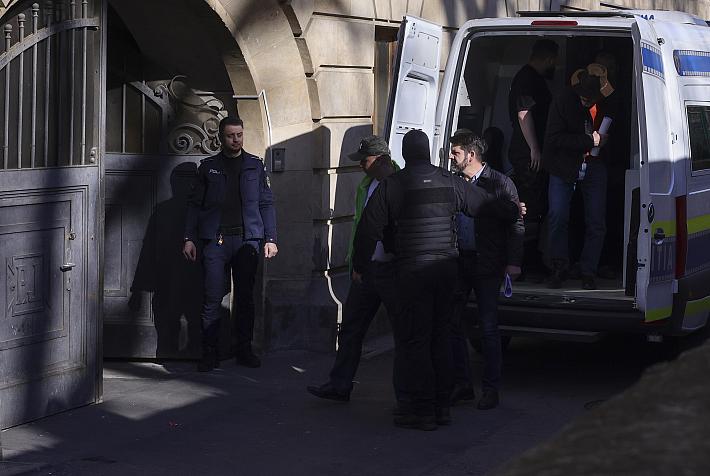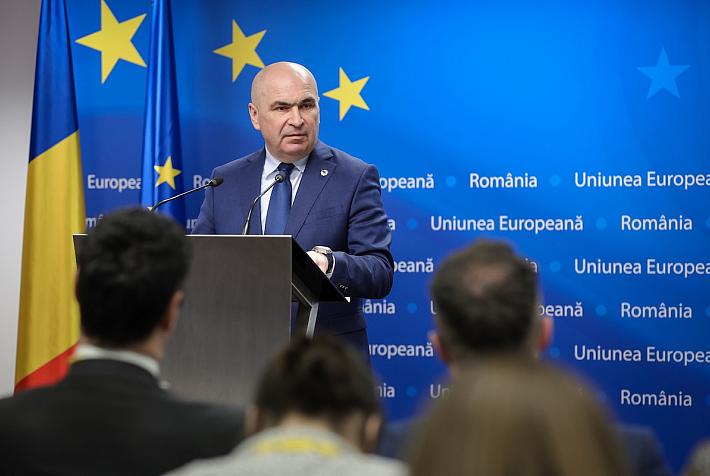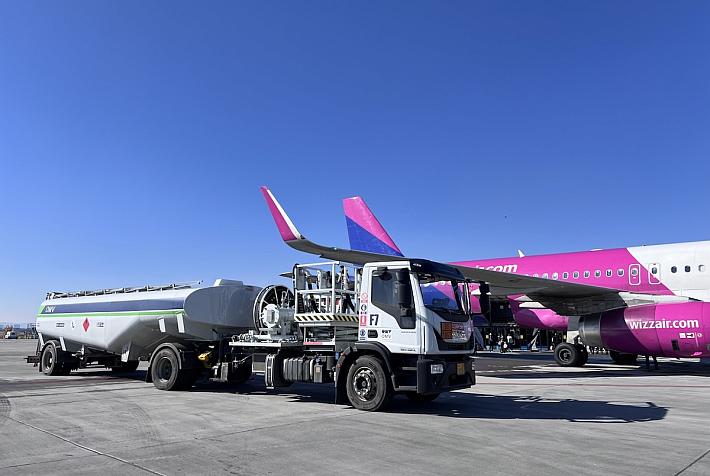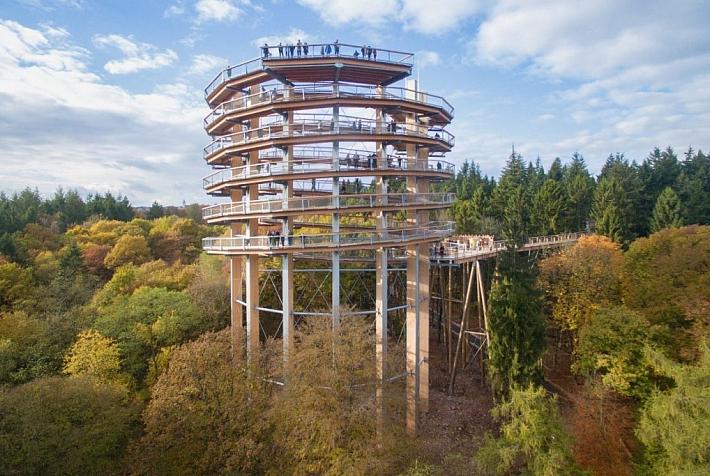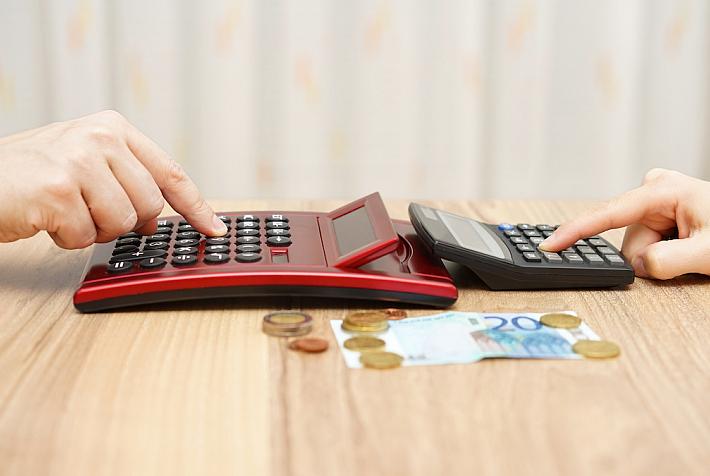Romania’s famous Peleș Castle Museum faces ticketing scam allegations

Employees at Romania’s famous Peleș Castle Museum were recently accused of forming a network involved in the illicit reselling of entry tickets, a long-running ploy allegedly used by the staff. The museum, in turn, says that allegations refer to the acts of a single individual in 2018, with no credible connection to the present.
The ticketing scam, which allegedly includes tour guides and museum employees, was uncovered by journalists at Libertatea. The money obtained from tourists never entered the museum’s books, the journalists claimed, and was instead shared by some of the staff.
Inside sources indicated that this ticket resale practice has been passed down from one generation of employees to the next, and has existed since the 1950s when the royal castle in Sinaia first opened to the public.
Problems for the illicit group first appeared when card payments were introduced to the Peleș Castle Museum, forcing each ticket paid in this way to be officially registered in the institution’s books. However, visitors reportedly noticed that the electronic payment device often broke down, especially on weekends when the number of visitors is high.
When this happens, only cash payments are accepted, and so unknown sums are allegedly pocketed by the staff, Libertatea says. Since only representatives of the maintenance company can repair the electronic payment system, these breakdowns give the group sufficient time to conduct its operations.
According to the journalists, when it comes to large tourist groups, the guide would buy the tickets. Once the group enters the museum, the tickets are not discarded but are instead resold to another group of visitors. The proceeds from the resale do not enter the museum’s cash register, but are divided among network members. Members of the group would also sell discounted student tickets to retirees or adults and pocket the difference.
According to judicial sources, these practices have been reported to the Prahova Police, which is currently handling at least two complaints.
In response to the allegations, the Peleș Museum reportedly issued an official point of view, denying the existence of a network of museum employees engaging in such acts, or the fact that such ticketing scams are still ongoing, or were ever widespread.
"The accusations made under the protection of anonymity refer to the case of a National Peleș Museum employee from 2018, which the journalist extends to the present day without providing any serious argument," the institution notes, cited by local news outlet Observatorul Prahovean.
According to the museum, 6 years ago one of its employees was subject of a criminal investigation for offering a group of Spanish tourists student tickets despite them not being students. Stopped at the gate, the tourists reported the employee in question, who was terminated. The prosecutor's office deemed the sum defrauded, RON 120, too small to initiate criminal proceedings.
Each year, the Peleș Museum generates millions of lei in income through ticket sales. The castle is also on the route of many large groups of foreign tourists. According to documents published on the ANAF website, the Peleș Museum reported RON 6 million income from ticket sales in 2021, RON 9.6 million in 2022, RON 15.4 million in 2023, and RON 14.5 million in 2024. The surprising income growth took place even though the number of visitors and ticket prices remained stable, namely RON 50 to RON 150 (EUR 10-30) per ticket, according to Libertatea.
(Photo source: Sorin Colac | Dreamstime.com)








